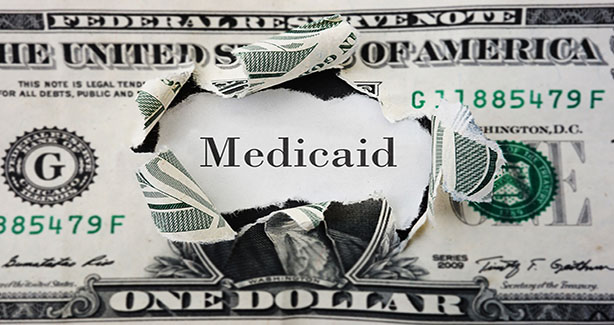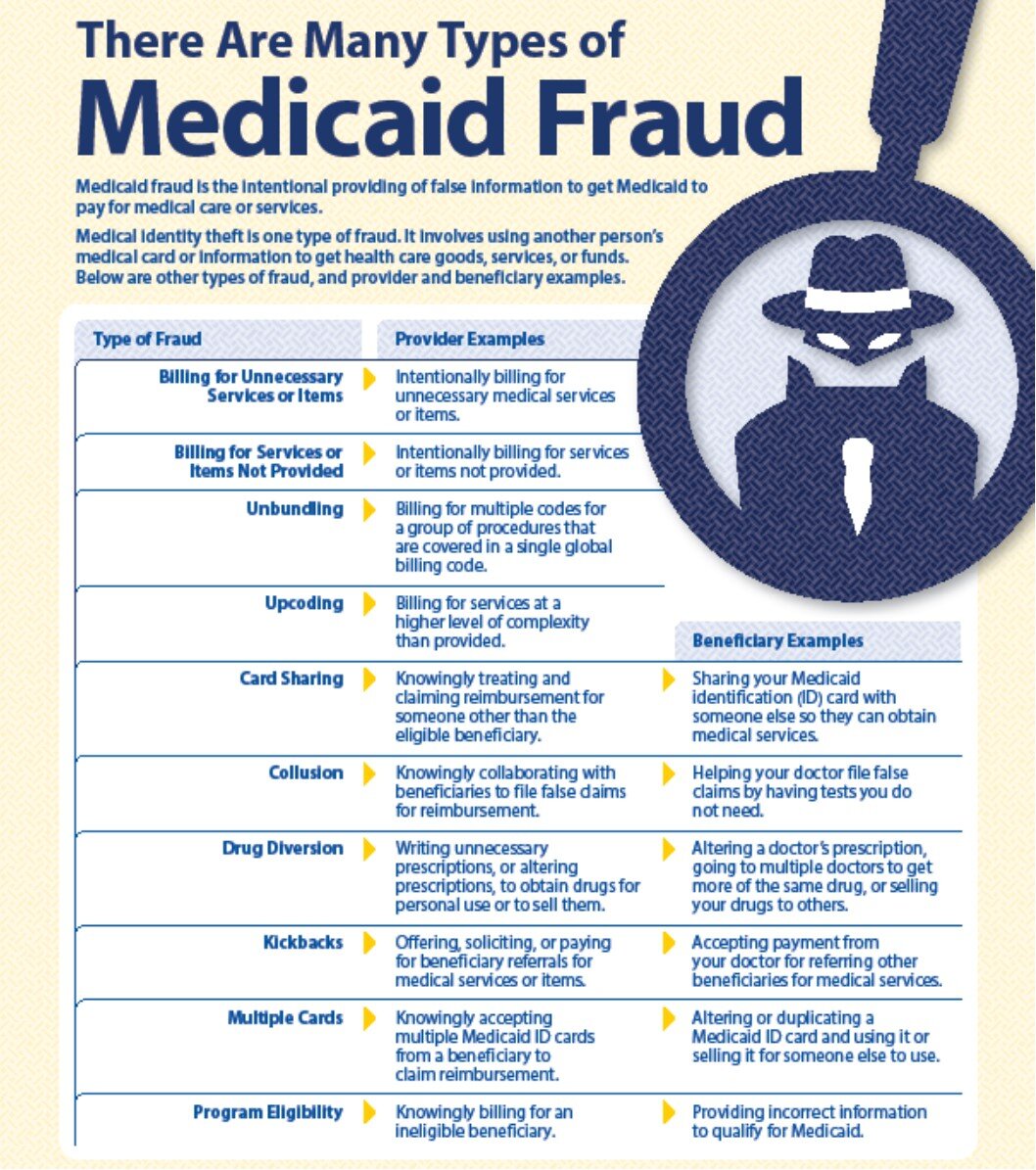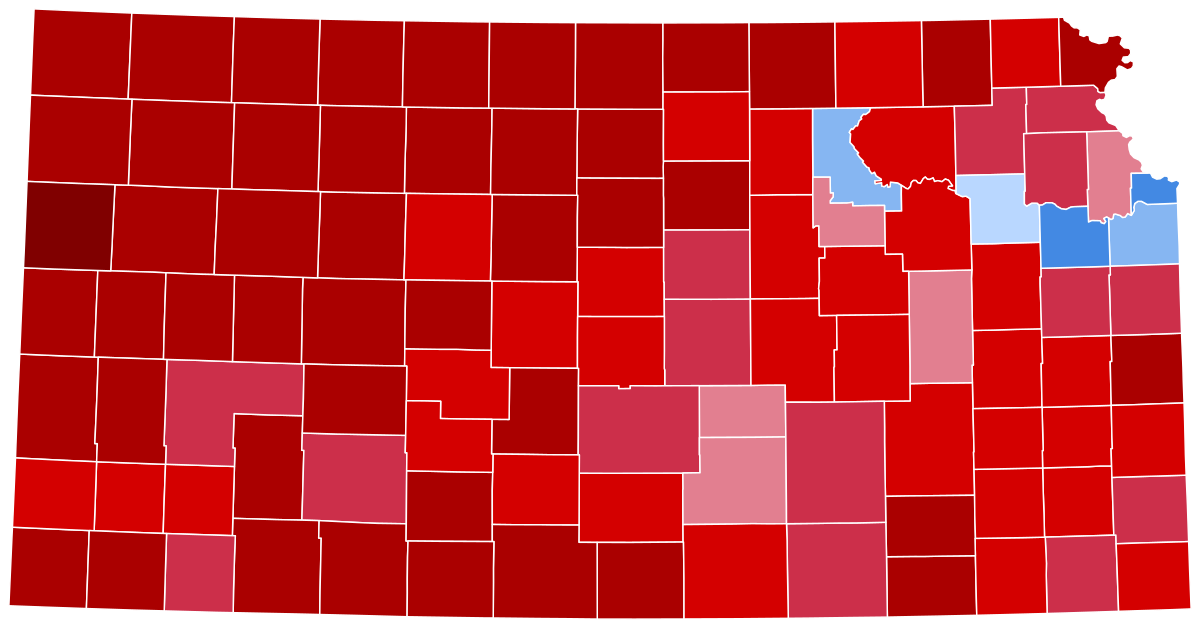Should Kansas pass Medicaid expansion? That is the question.
Proponents argue that expansion will bring more Kansans under healthcare coverage and boost the state’s economy. However, a closer examination reveals a troubling picture. Medicaid expansion would saddle Kansas with unsustainable costs, strain the healthcare system, and hinder future economic growth—all without significantly improving healthcare quality.
Financial Burden and Inefficiency
Kansas already spends over $4 billion annually on Medicaid, with the federal government covering about 62% of the costs and the state covering the remaining share. Although proponents of Medicaid expansion highlight that the federal government would cover 90% of the expansion costs, Kansas would still face an additional burden—about 10% of the total cost. While this may seem manageable, Medicaid expansion could increase Kansas’ annual spending by $1 billion or more.

Expanding Medicaid increases overall costs and diverts funding from critical areas like education, infrastructure, and tax relief—investments that drive economic growth and job creation. Medicaid expansion has consistently failed to deliver meaningful improvements in healthcare quality, creating a vicious cycle of inefficiency and waste.
Poor Access and Quality of Care
Medicaid’s existing system is already straining to provide quality care, and expanding it would only worsen the situation. Low reimbursement rates to healthcare providers mean fewer doctors are willing to accept Medicaid patients, leading to longer wait times and reduced access to quality care. Medicaid recipients often experience delays in receiving medical attention, sometimes waiting months to see a specialist.
Rural healthcare is especially vulnerable. Many rural hospitals struggle with declining patient volumes and financial pressure, and Medicaid’s low payments exacerbate these issues. While expansion advocates claim that more funding will solve rural healthcare challenges, this strategy will unlikely reverse trends like population decline in rural areas.

A better solution would be to tackle these issues with targeted reforms. Kansas could reduce barriers for healthcare providers by reforming Certificate of Need laws to allow more facilities to be built. Additionally, expanding the scope of practice for nurse practitioners and occupational licensing reform that recognizes out-of-state clinician licenses would increase the availability of doctors and other medical professionals. Encouraging virtual healthcare services like telehealth would also improve access to care in underserved areas.
The Hidden Costs of Medicaid Expansion
Kansas should also be wary of the unintended consequences of Medicaid expansion. Nationwide, the cost per enrollee for Medicaid expansion was 64% higher than originally projected as of 2022. Moreover, Medicaid’s fiscal inefficiencies are staggering: in 2020, one in five dollars spent on Medicaid was an improper payment, amounting to $86 billion in waste nationwide that year. This figure remained high in fiscal year 2023, with $31.2 billion in improper payments. These inefficiencies raise concerns that Kansas could face a growing fiscal burden if expansion moves forward.
Medicaid expansion has consistently failed to meet enrollment projections, leading to higher state costs. In Montana, for example, initial enrollment projections for expansion were far lower than the actual outcome, leading to significant cost overruns. Kansas should be wary of falling into the same trap.
Economic Downside of Medicaid Expansion
Beyond the direct costs, the broader economic implications of Medicaid expansion are equally concerning. Expansion advocates argue that it will create jobs and stimulate the economy, but such benefits are temporary and pale compared to the long-term consequences of higher taxes and increased dependence on federal dollars.
As the federal government faces its fiscal challenges, Kansas risks being left to shoulder a greater share of Medicaid costs in the future. This could lead to higher state taxes, stifling private-sector growth, and deter investment in Kansas. Expansion would merely create a larger, costlier system without addressing the underlying problems that plague healthcare access and affordability in the state.
A Better Path Forward: Reform, Not Expansion
Kansas can address its healthcare challenges without expanding Medicaid. Reforms should focus on tightening eligibility requirements and instituting work incentives for work-capable adults. This would ensure that resources are targeted to those who genuinely need assistance while reducing the program’s financial strain on the state.

The state should also look to market-driven solutions to reduce healthcare costs. Expanding the use of Health Savings Accounts (HSAs), enhancing price transparency, and encouraging competition among healthcare providers are proven strategies to make healthcare more affordable while maintaining high-quality care.
Reforms that reduce unnecessary regulation will also have a positive impact. Easing restrictions on short-term, limited-duration insurance plans would provide Kansans with more affordable coverage options that better meet their needs.
Conclusion
Medicaid expansion is not the answer to Kansas’ healthcare challenges. The state is already spending billions of dollars on a system that delivers subpar outcomes and inefficient care. Expansion would only exacerbate these issues while putting Kansas on a fiscally unsustainable path. Instead of expanding a broken system, Kansas should focus on reforms that reduce costs, improve access, and ensure long-term healthcare sustainability. Market-based solutions that encourage competition and innovation hold the key to a healthier Kansas—both financially and medically.

Vance Ginn – Kansas Policy Institute
Vance Ginn, Ph.D., is a Senior Fellow at Kansas Policy Institute, Chief Economist at the Texas Public Policy Foundation, and Policy Director for the Foundation’s Alliance for Opportunity campaign, a multi-state poverty relief initiative. Vance formerly served as the Associate Director for Economic Policy of the White House’s Office of Management and Budget, 2019-2020.




